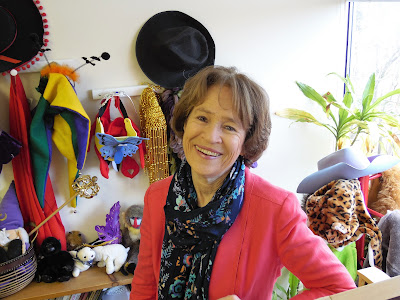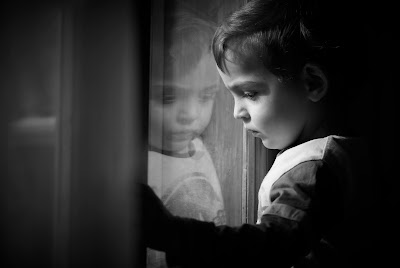The public is invited to a virtual, interactive workshop about building self-healing communities in the aftermath of trauma, Monday, December 6th, 5:30 p.m. presented by Project Self-Sufficiency. The gathering is the next installment of the Pizza & PACEs series hosted by the non-profit agency which is designed to facilitate the conversation about issues surrounding Positive & Adverse Childhood Experiences (PACEs). Experts from the New Jersey Office of Resilience will address how the brain adapts to traumatic experiences, the genetic impact of trauma across generations, health and social problems caused by trauma, and methods communities can use to institute positive change. Featured speakers will include New Jersey Office of Resilience Executive Director David Ellis, Supervisor Kenneth Fowlkes, and Youth Community Navigator Timothy Woody. The presentation is free and open to the public, but advance registration is required. Interested attendees are invited to call the agency to register and receive log-in details.
Adverse childhood experiences are widely recognized as falling into three distinct categories, abuse, neglect, and household dysfunction. Examples of negative behavior said to result from Adverse Childhood Experiences include smoking, alcoholism, drug use, absenteeism, and lack of physical activity. These behaviors can cause a cascade of physical and mental health problems, from diabetes to cancer to suicidal thoughts. It is estimated that approximately 67% of the population has experienced at least one adverse childhood experience.
The new Pizza & PACEs sessions build on the work already underway at Project Self-Sufficiency. Trauma experts and guest speakers address the impact of adverse childhood experiences on social, emotional, and cognitive development, and offer tips and strategies for building resiliency at regularly scheduled workshops. The agency’s PACEs program brings together professionals, providers, and parents who are committed to increasing awareness of the impact of childhood trauma on juvenile development, future violence victimization and perpetration, and lifelong health and opportunity.
The Pizza & PACEs program at Project Self-Sufficiency is free and open to the public, but registration is required. Call 973-940-3500 to register or to obtain log-in details for remote participation via Zoom. Project Self-Sufficiency is located at 127 Mill Street, Newton.


